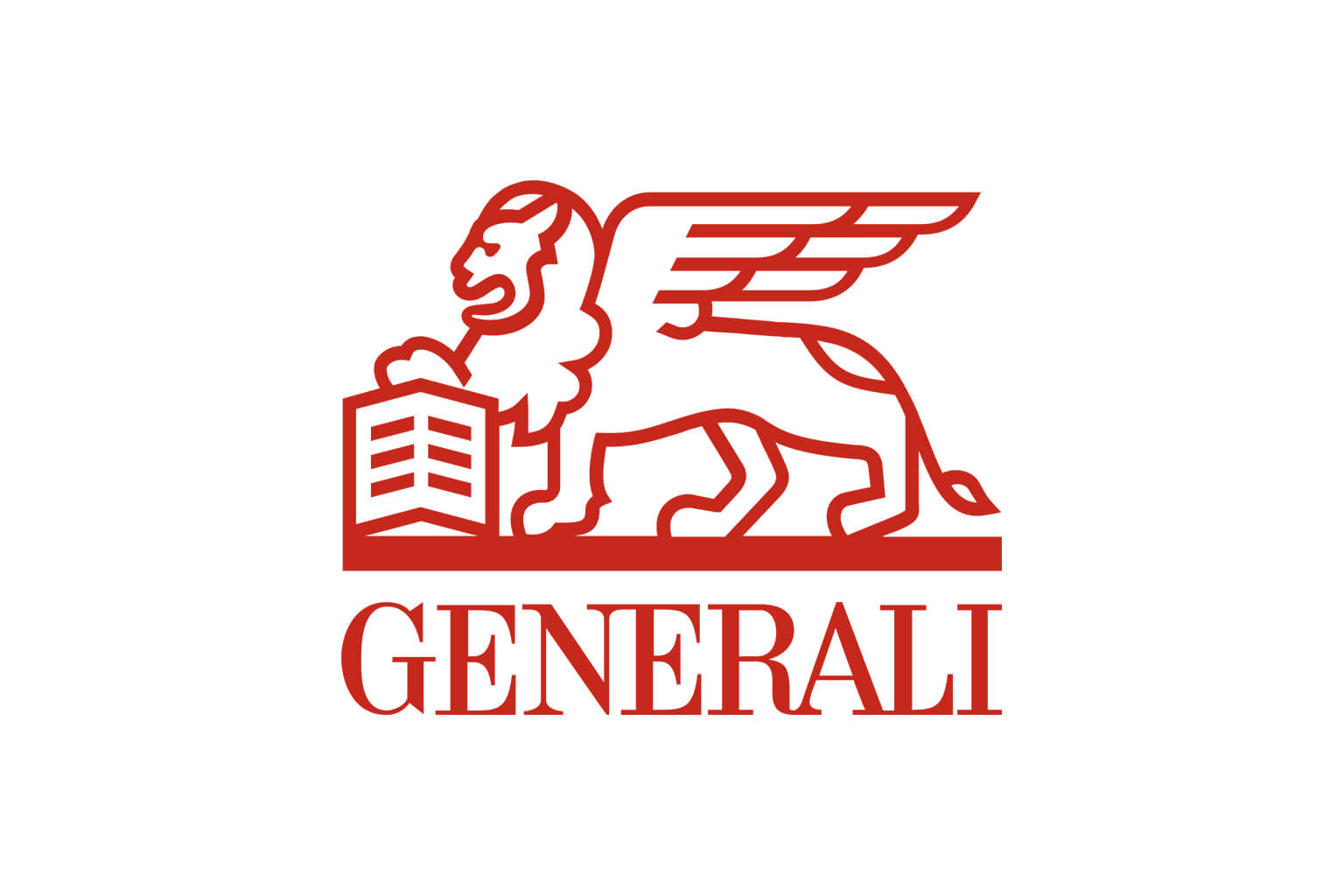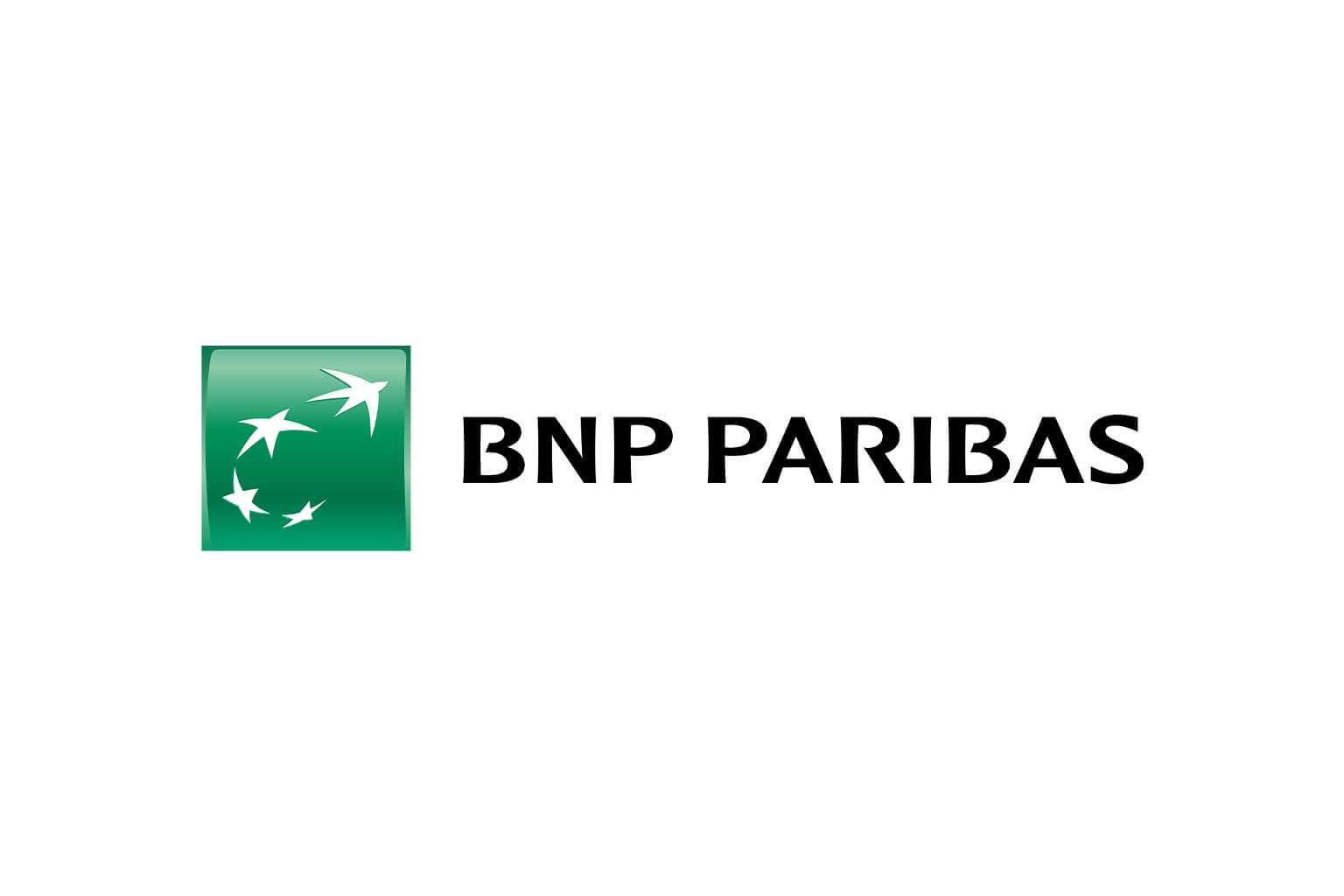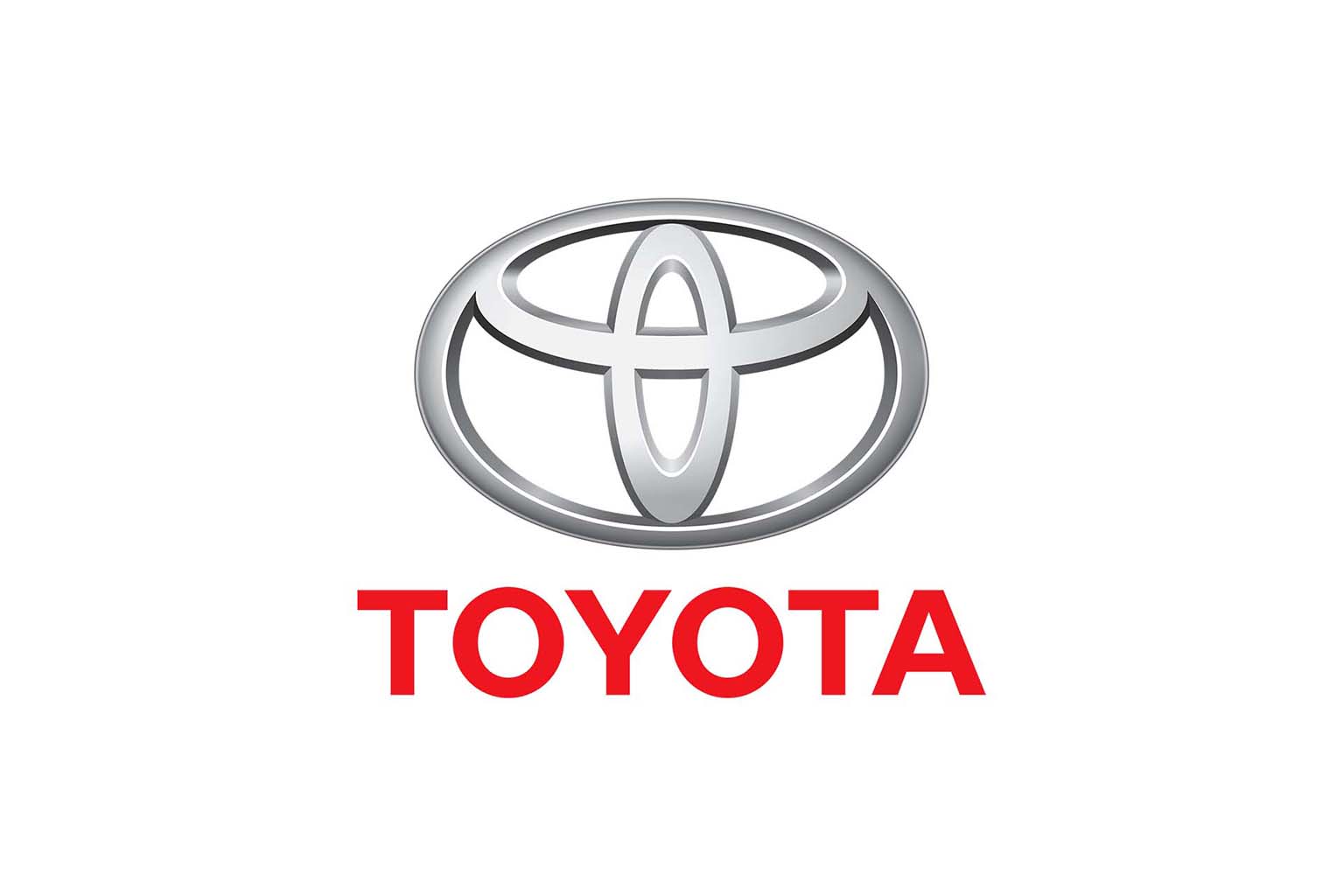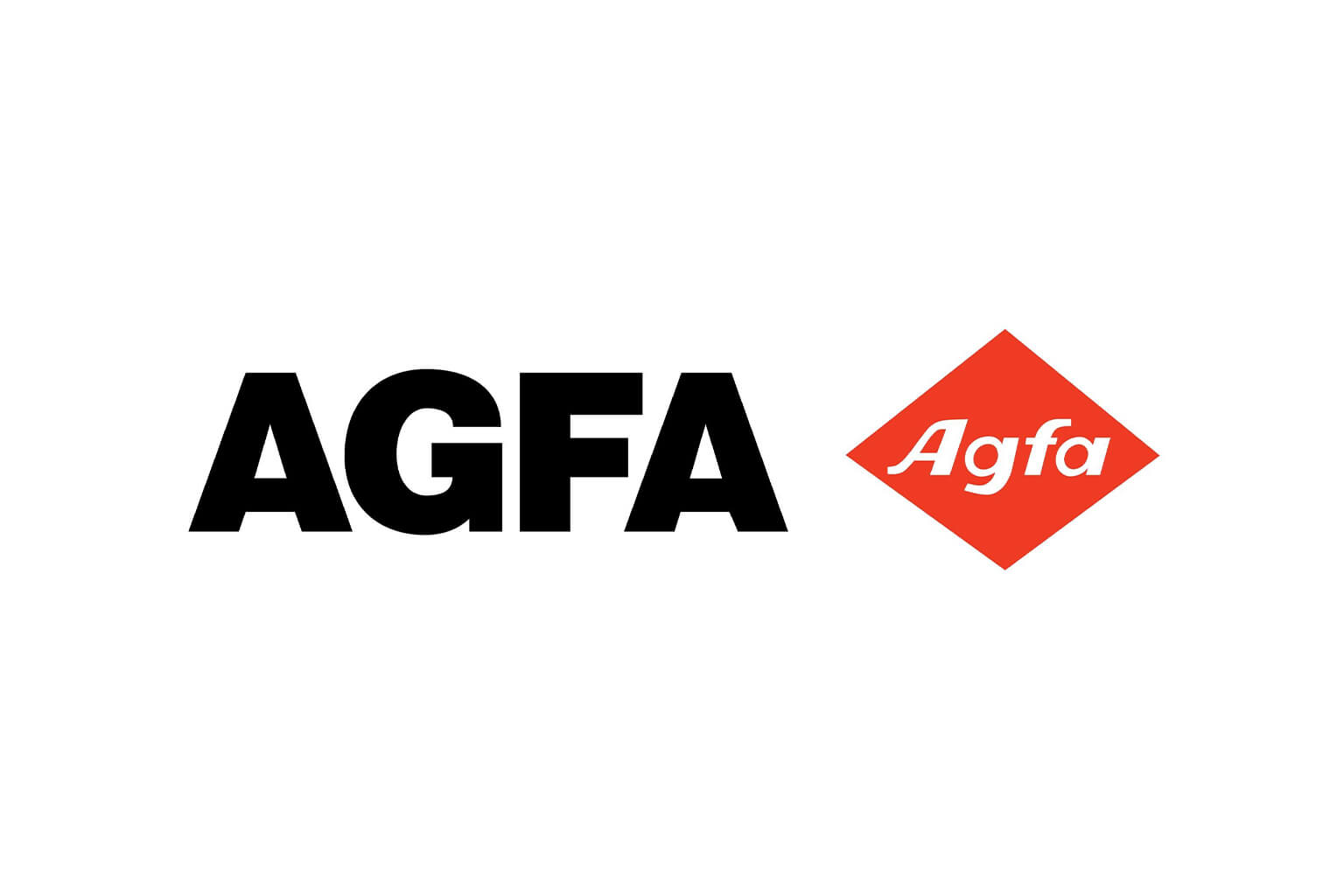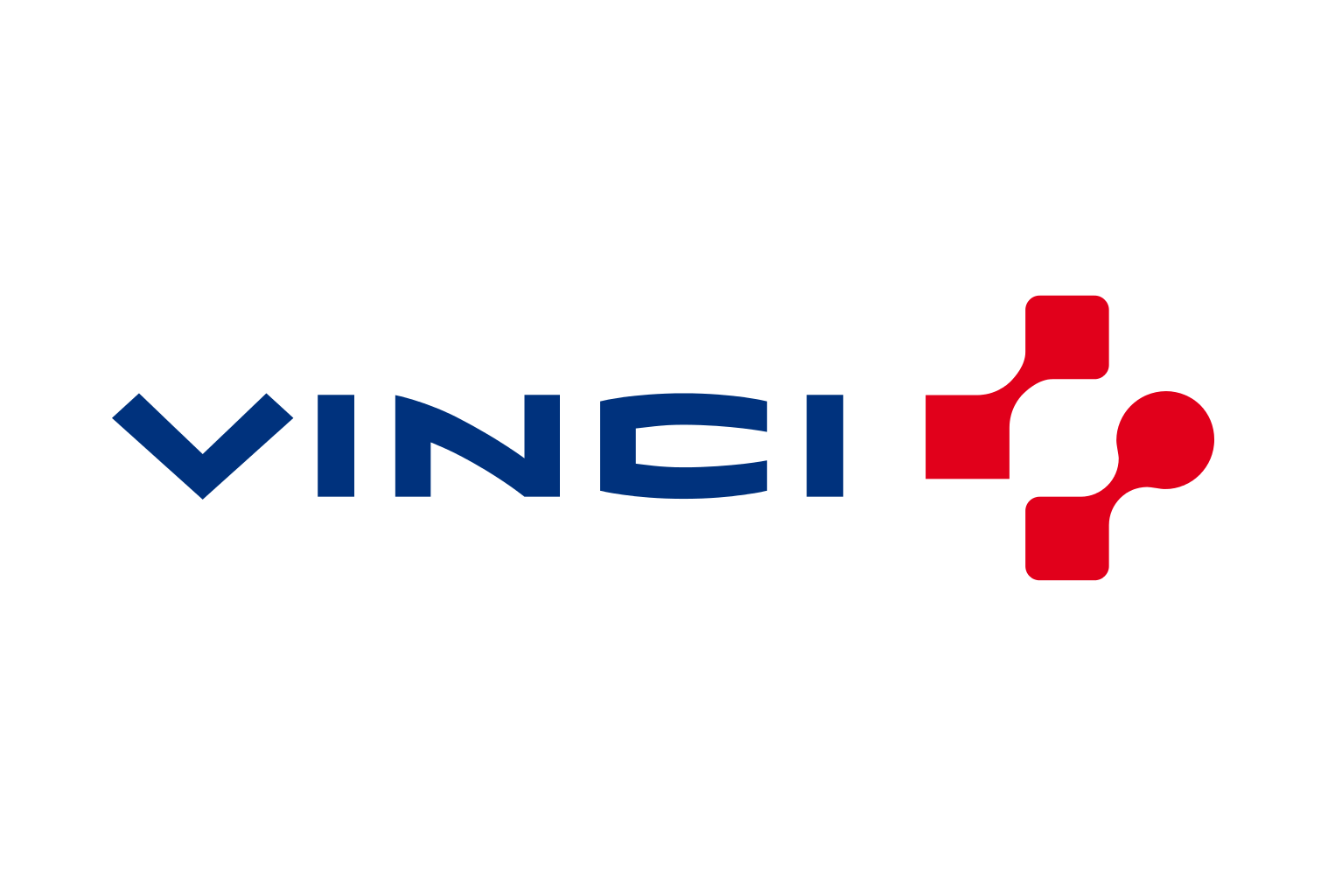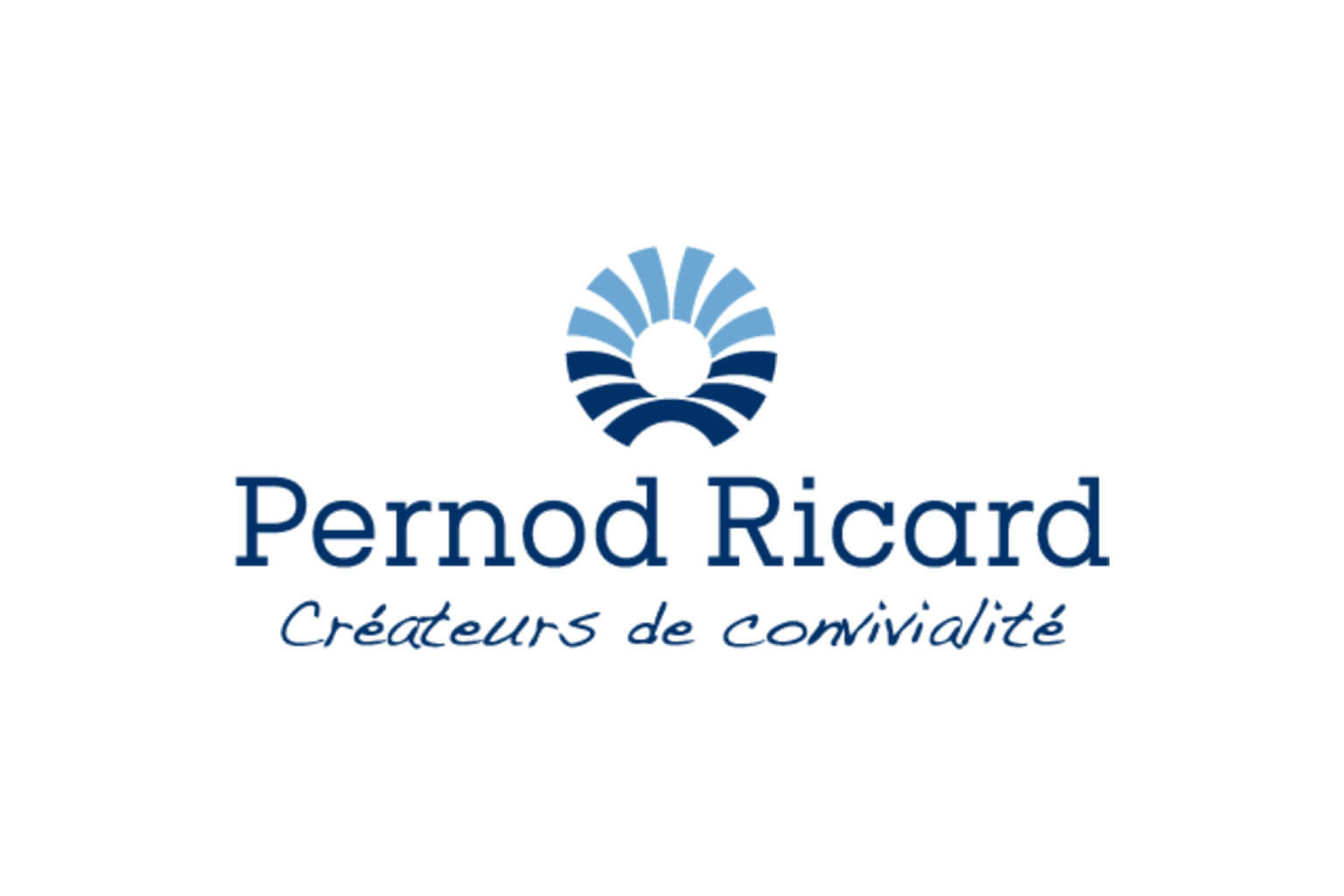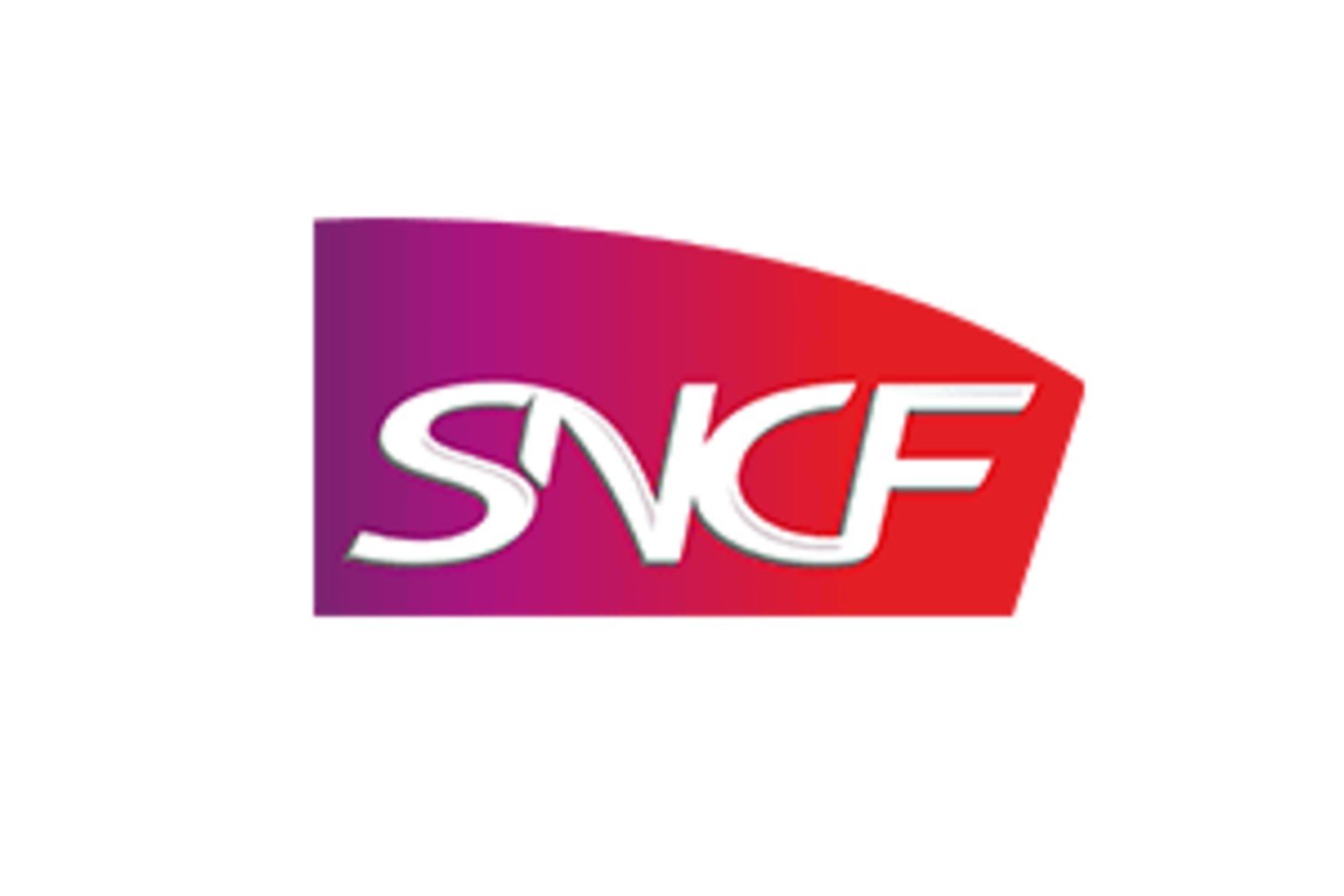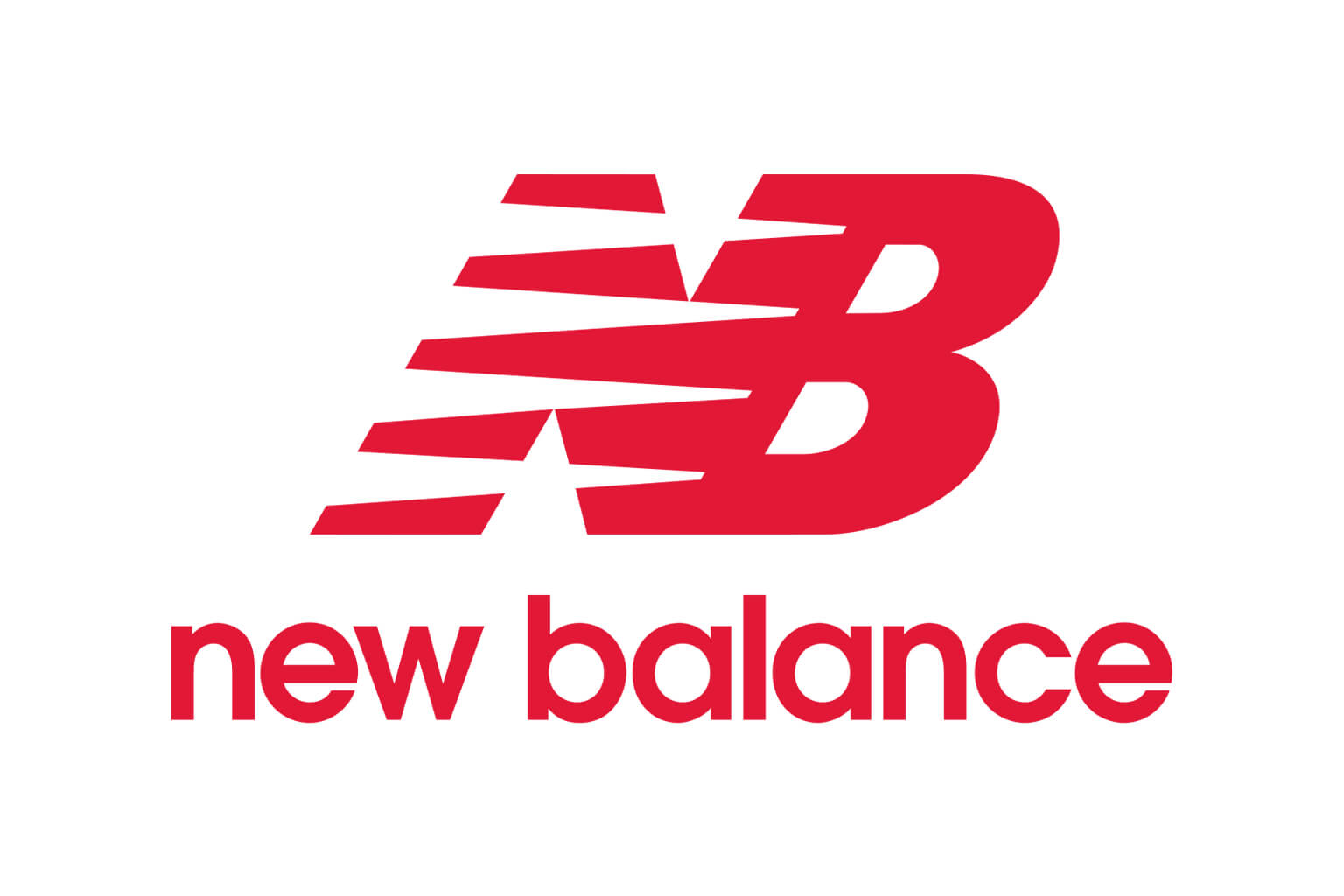Streamline financial management with intelligent automation
CCH Tagetik is built to simplify complex financial operations, allowing you to focus on strategic decision-making rather than manual tasks. Seamless software integration ensures that your financial data stays accurate, up-to-date, and accessible across your organization. Whether you need to automate financial close, improve budgeting and forecasting, or leverage AI-driven predictive analytics, CCH Tagetik provides the power and precision your team needs.
Gain strategic insights for smarter decision-making
With CCH Tagetik enterprise CPM, you’re not just managing financial data—you’re transforming it into actionable intelligence. Our solution helps you:
- Eliminate data silos and gain a unified view of your financial health
- Improve accuracy with AI-powered forecasting, enabling proactive business decisions
- Automate routine finance tasks, reducing errors and accelerating time to close
- Enhance reporting and compliance, ensuring your team is always audit-ready
No matter the size of your organization, CCH Tagetik empowers finance leaders to drive innovation, improve operational efficiency, and ensure long-term financial stability.
Unlock your competitive advantage
Finance leaders need to act fast to stay ahead. CCH Tagetik empowers you to predict challenges and adapt to market shifts. Our AI-powered CPM solution provides:
- Seamless integration with existing ERP, SAP, and other financial systems
- Advanced budgeting and forecasting tools for confident planning
- Automated consolidation processes to eliminate manual bottlenecks
- Powerful real-time analytics that help finance teams make smarter, data-driven decisions
Experience the future of finance—today
Thousands of global organizations trust CCH Tagetik to transform their financial operations. See for yourself how our advanced AI-powered platform can help your business achieve:
- Faster financial close cycles with automated workflows
- Higher forecasting accuracy with predictive intelligence
- Greater efficiency by eliminating time-consuming manual tasks
Ready to elevate your financial strategy?
Now is the time to move beyond outdated processes and embrace a smarter, AI-driven future for finance. Take the next step and see how CCH Tagetik can revolutionize your financial operations.
Discover how CCH Tagetik can streamline your financial close and forecasting.

